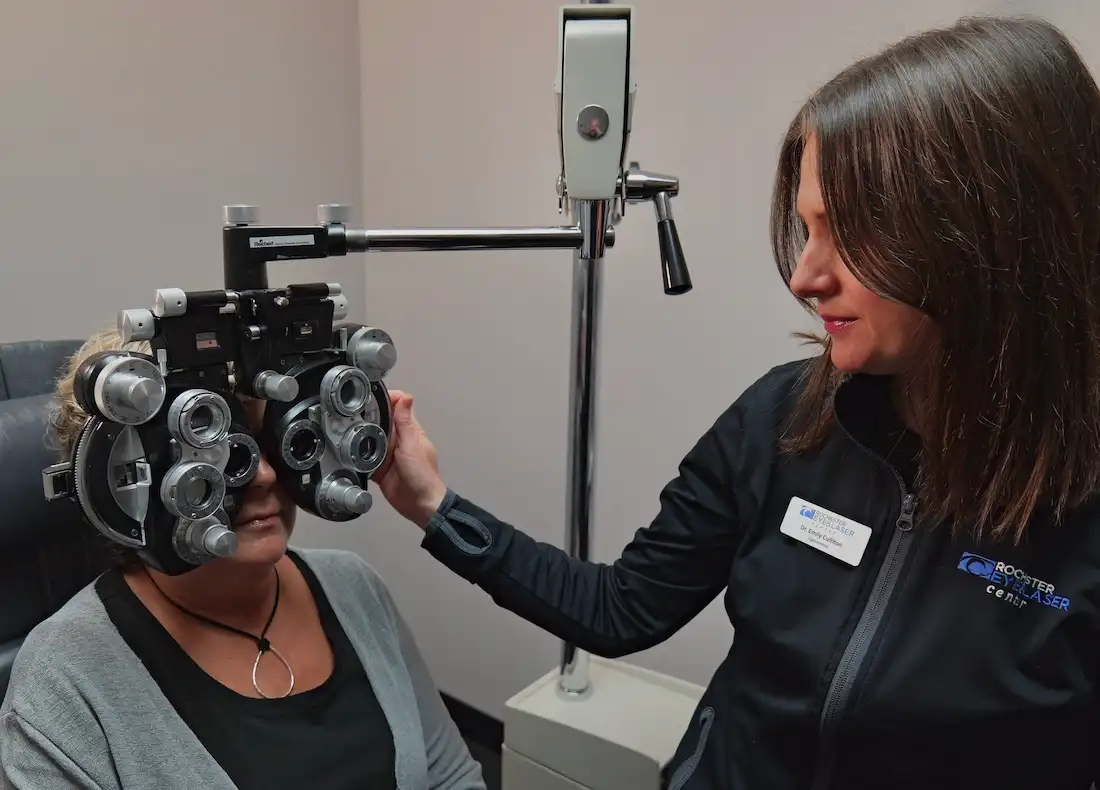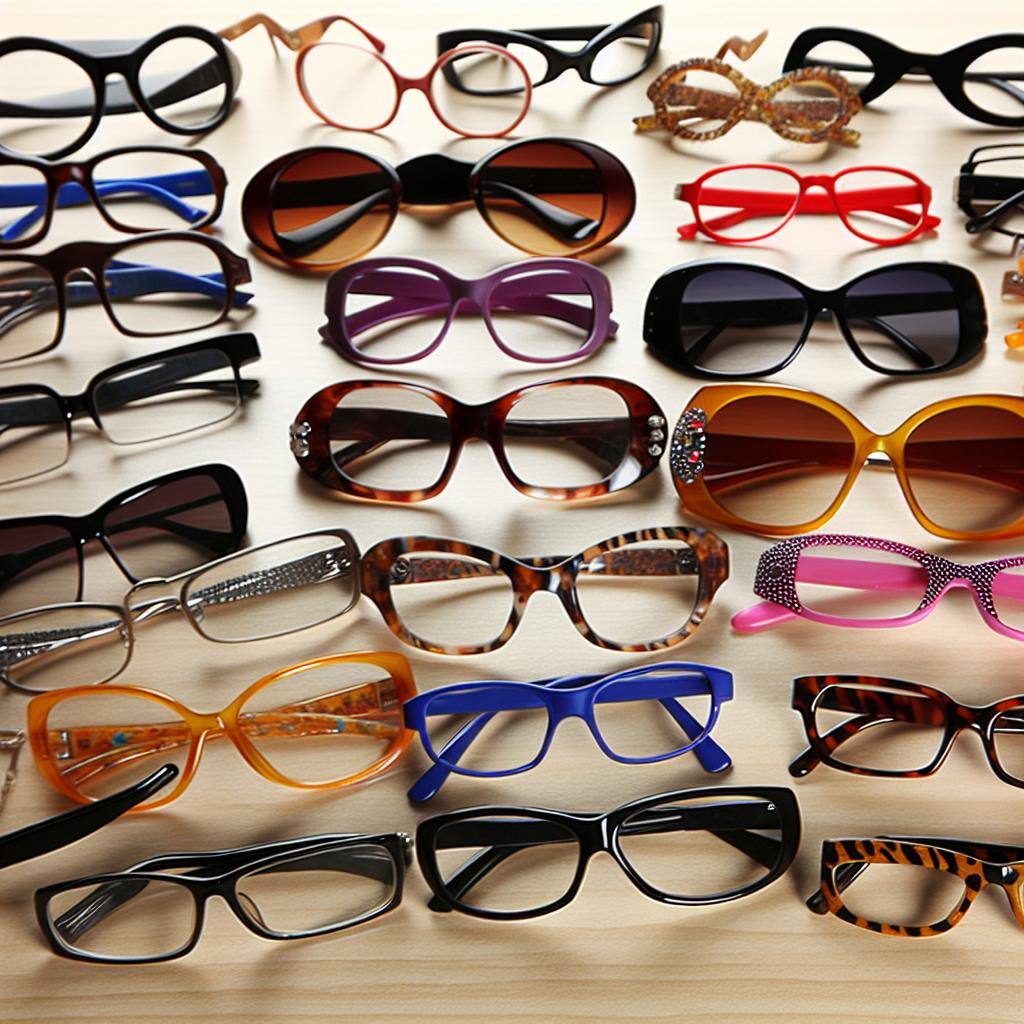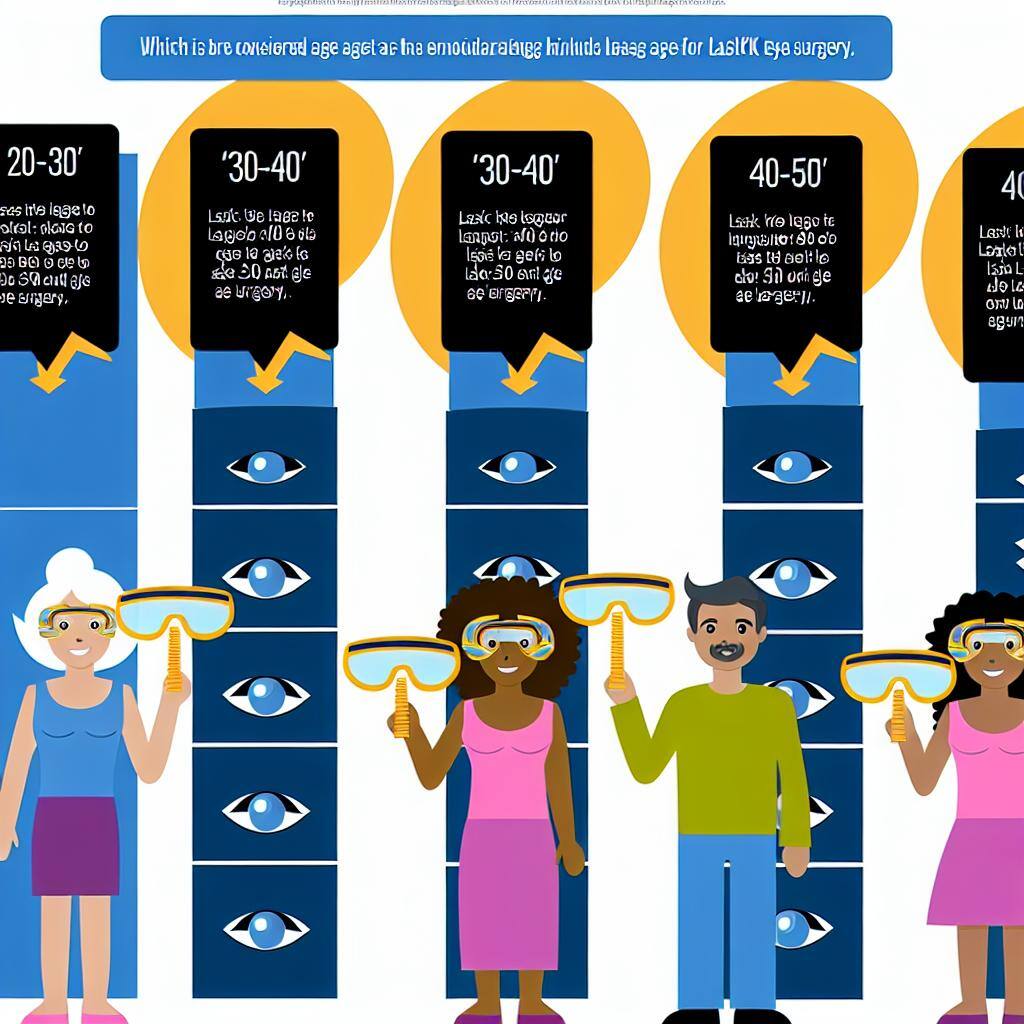Post-LASIK Care: Will You Need Reading Glasses?
Discover whether you will need reading glasses after undergoing LASIK surgery and how to care for your eyes post-procedure.

As we progress through the aging process, our visual requirements often change, making it increasingly vital to maintain clear and dependable eyesight. Laser-Assisted In Situ Keratomileusis (LASIK) has become a well-known solution for addressing vision problems like myopia, hyperopia, and astigmatism, even for those in their 50s and older.
Dr. Lindahl will only perform LASIK on patients 60 years and younger. However, during or after Cataract surgery, he can improve your vision with LASIK. Eligibility for this transformative procedure is mainly based on the overall health and stability of the eyes. In this detailed blog, we will delve into the essential considerations, advantages, and top LASIK options for individuals in their 50s, enabling you to make a well-informed decision about your vision correction journey.
To decide if LASIK is suitable for you in your 50s, several important factors need to be considered:
Having a consistent vision prescription is essential for LASIK eligibility. Your optometrist or ophthalmologist will review the stability of your prescription over the past year. Frequent changes might suggest underlying issues that could affect the surgery's success, necessitating the consideration of other options.
Overall eye health is crucial for LASIK candidates. Conditions like cataracts or significant refractive errors might rule out LASIK as a feasible choice. Your eye care provider will conduct a thorough examination to ensure your eyes are free from infections, injuries, and that your corneas are thick enough to support the procedure.
Your general health is a key factor in determining LASIK eligibility. Certain medical conditions, such as autoimmune disorders or regular use of medications like corticosteroids, can influence the healing process and may affect the decision to proceed with LASIK. Your eye care provider will collaborate with you to assess your overall health and determine the best course of action.
As we grow older, our eyes experience several changes that can affect our ability to see clearly. Two significant age-related issues that LASIK can help with are presbyopia and the development of cataracts.
Presbyopia, which is the gradual loss of near vision due to aging, usually starts around age 45. LASIK is designed to correct vision at one distance, so those who have LASIK for distance vision might still need reading glasses for presbyopia. However, advanced LASIK methods, like monovision LASIK, can help address this issue.
As people age, the chance of developing cataracts increases. Cataracts can cause the eye's lens to become cloudy, diminishing vision clarity. Although LASIK does not stop cataracts from forming, individuals who have undergone cataract surgery can still opt for LASIK afterward to further improve their vision.
For those in their 50s considering LASIK, there are various specialized techniques and alternatives tailored to meet your specific visual needs:
Monovision LASIK is frequently suggested for older individuals. This technique adjusts one eye for distance vision and the other for near vision, creating a combined vision that helps address presbyopia. Before opting for monovision LASIK, patients usually test this vision correction with contact lenses to ensure it suits them.
For numerous individuals in their 50s and 60s, Refractive Lens Exchange (RLE) presents a practical alternative to LASIK. Unlike LASIK, which alters the cornea's shape, RLE involves replacing the eye’s natural lens with an advanced intraocular lens (IOL). This procedure resembles cataract surgery and offers long-term vision correction, effectively preventing cataract formation.
Selecting the appropriate vision correction method is a deeply personal choice that necessitates a thorough assessment of your eye health and vision objectives. Engaging with a knowledgeable ophthalmologist is essential to identify the most suitable approach.
In the consultation, your eye care specialist will evaluate your general health, eye condition, and lifestyle preferences to suggest the best vision correction solution. They will discuss the possible risks, advantages, and long-term effects of LASIK or other procedures, enabling you to make a well-informed decision that fits your specific needs.
As you age, maintaining clear and dependable eyesight can greatly improve your quality of life. LASIK, with its specialized solutions and advancements for older adults, provides a transformative chance for those in their 50s and beyond to enhance their visual clarity and confidence.
By collaborating with skilled eye care professionals, you can begin a vision correction journey tailored to your unique needs, paving the way for a future of clearer, sharper vision and the freedom to enjoy life’s vibrant moments with renewed enthusiasm.
Book a free consultation with our LASIK specialists today and take the first step toward realizing the full potential of your 50s and beyond.
If you would like to learn more about LASIK and ask Dr. Lindahl your questions, join us for our Virtual LASIK Seminar & Giveaway, December 5th at 5:00- 6:00PM. Click below to learn more and register.

Discover whether you will need reading glasses after undergoing LASIK surgery and how to care for your eyes post-procedure.

7 min read
How much would a blind man pay to restore his sight? I think for almost anyone, that answer would be: “everything I have.” It’s my mission, and...

Did you know that LASIK laser vision correction has specific age restrictions? Like most surgical procedures, there is an ideal age range for...